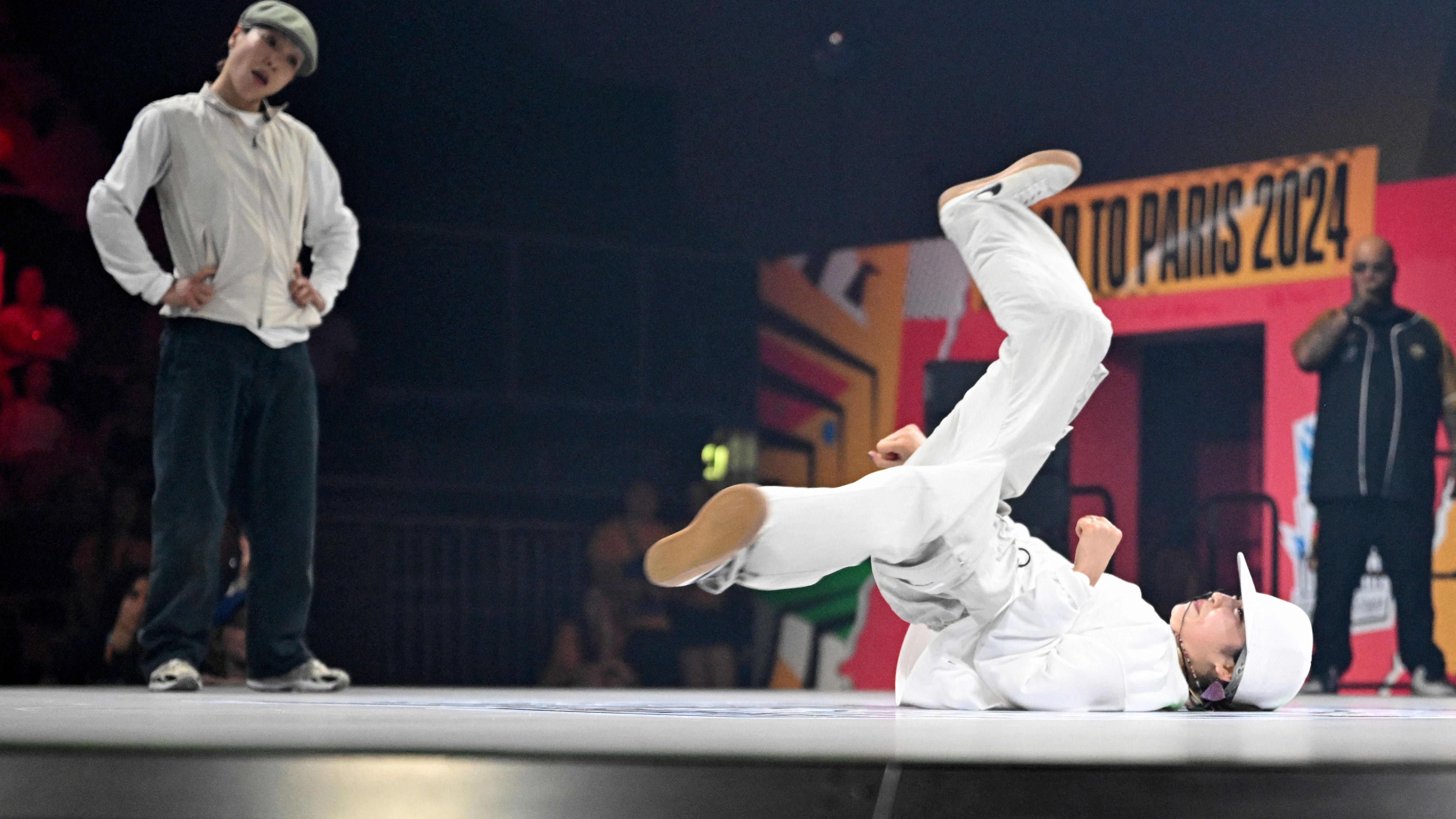It’s breaking, not breakdancing.
The sport, featuring "acrobatic movements, stylized footwork” that originated from the hip-hop culture of block parties, is one of the new sports at the Paris Olympics.
A total of 32 athletes, 16 women and 16 men (called b-boys and b-girls), will compete in head-to-head battles to move forward in the competition.
To win a medal, athletes will have to execute challenges moves, such as windmills, which require breakers to push their legs up in the air before coming down to the floor on their upper torso while spinning.
Get top local stories in Southern California delivered to you every morning. >Sign up for NBC LA's News Headlines newsletter.
Style points will be the key to excelling in the sport as athletes who show off their own style and improvise to the DJ’s music will likely get extra points.
While breaking has its roots in New York, it’s been adopted into street culture in cities all over the world, including Paris.allowing breakers to add their own cultural flares to their performance.
“Break dance is everywhere, but we have (our) own touch. We have a French touch,” Lahcen Mustapha, the project manager for the breaking category at the Paris Olympics, said.
But breaking will be different from breakdancing or b-boy performances one may have seen in public squares.
“(People) just have seen b-boys who turn on their head, doing freezes, so I think they’ll be surprised at how much breaking has evolved,” French breaker b-boy Kidnael said.
While people in other parts of the world may be worried whether b-boys and b-girls could make a living by breaking, those in France have guaranteed income through the nation’s special program for working artists.
B-Boy Bibo, who fell in love with breakdancing when he first saw it at a Paris metro station at age 11, said the Olympics will attract more people to enjoy and practice the sport.
“It’s a good thing for the professionalization of it,” the French breaker said. “Before we were working on the streets, and it was very difficult to make money like that. Now this sheds a light over the culture.”
The Olympic competitions will also showcase breaking is more than dancing, according to the breaking category organizers.
The DNA of the breaking — it's to be better than yesterday,” Mustapha said. ”I teach you, you teach me, to be better together.”



